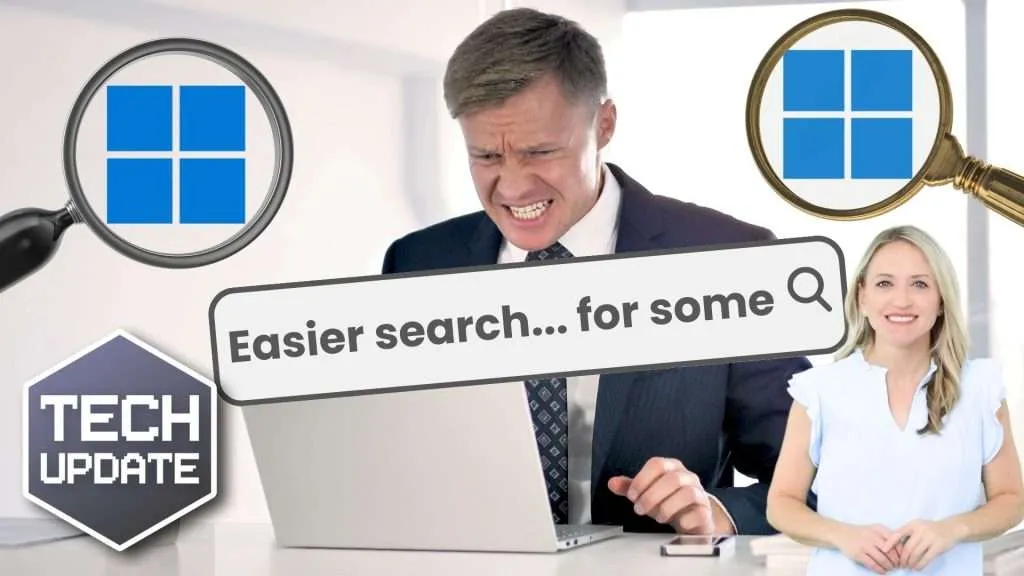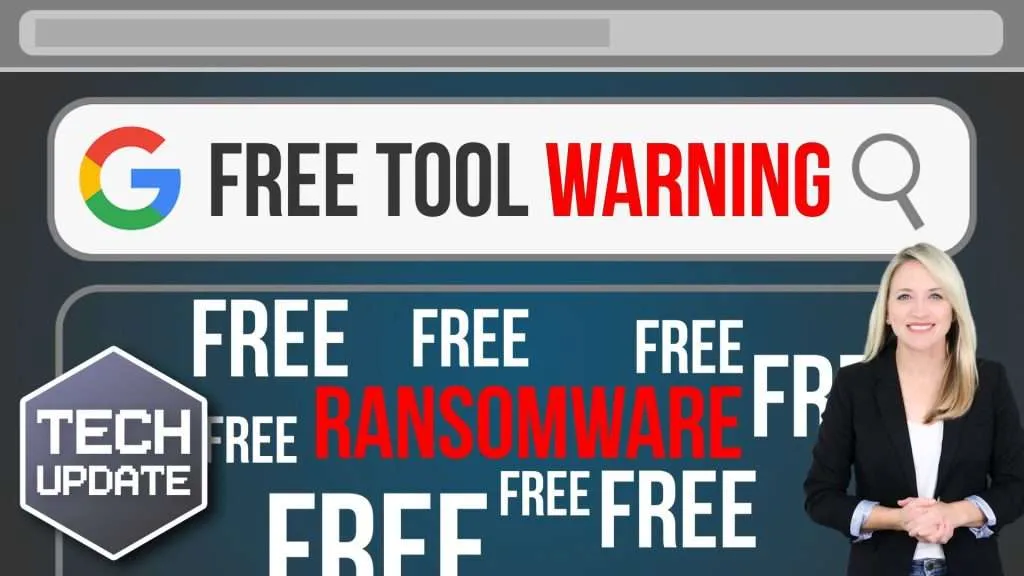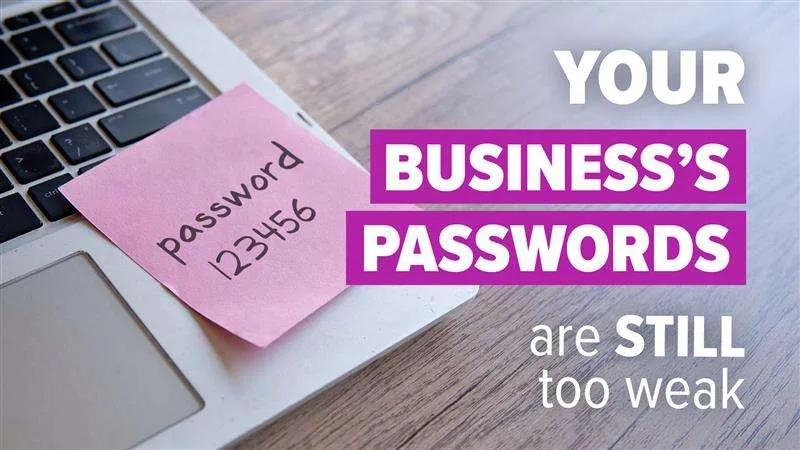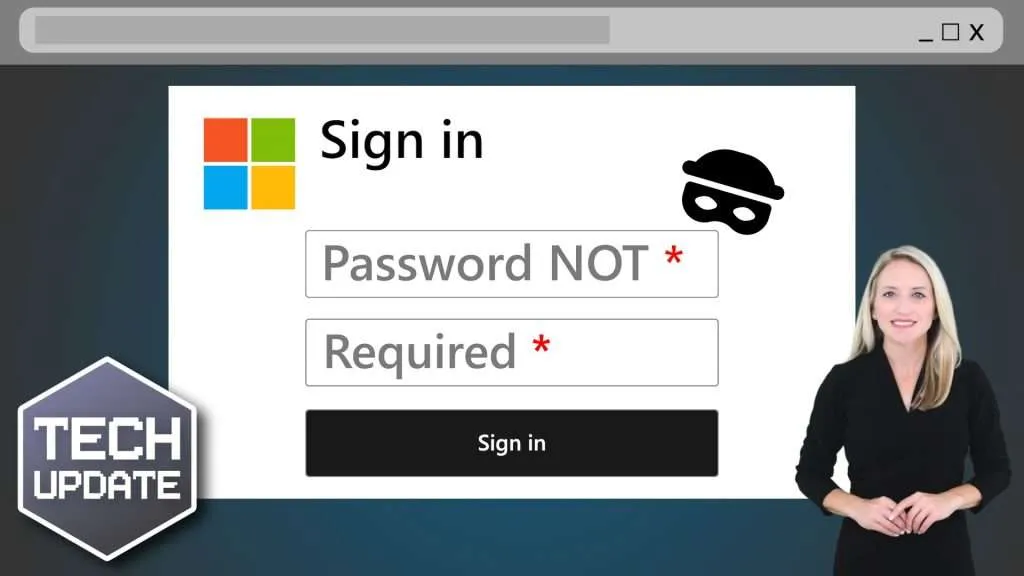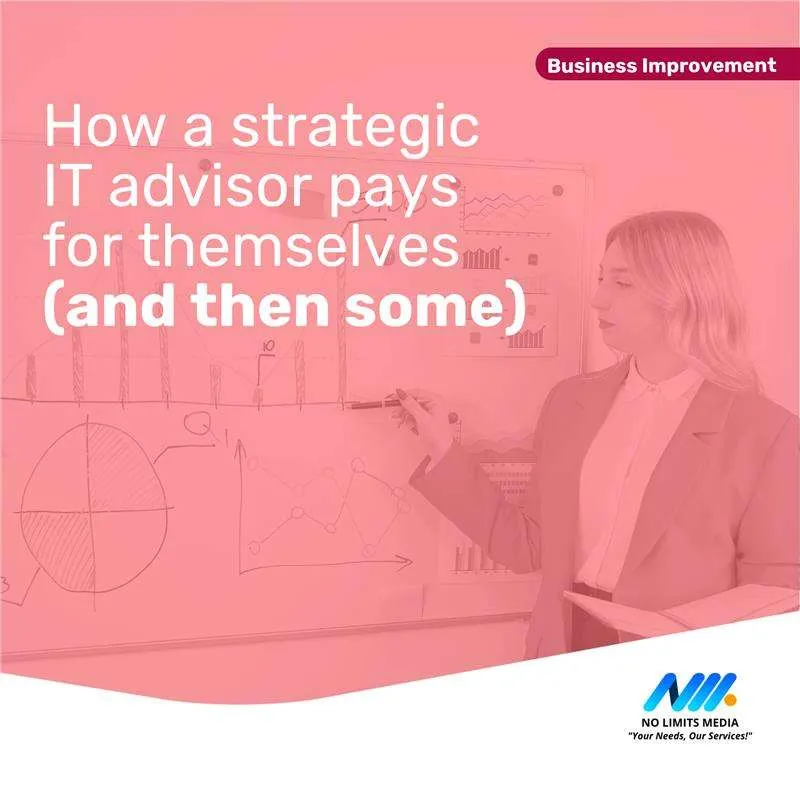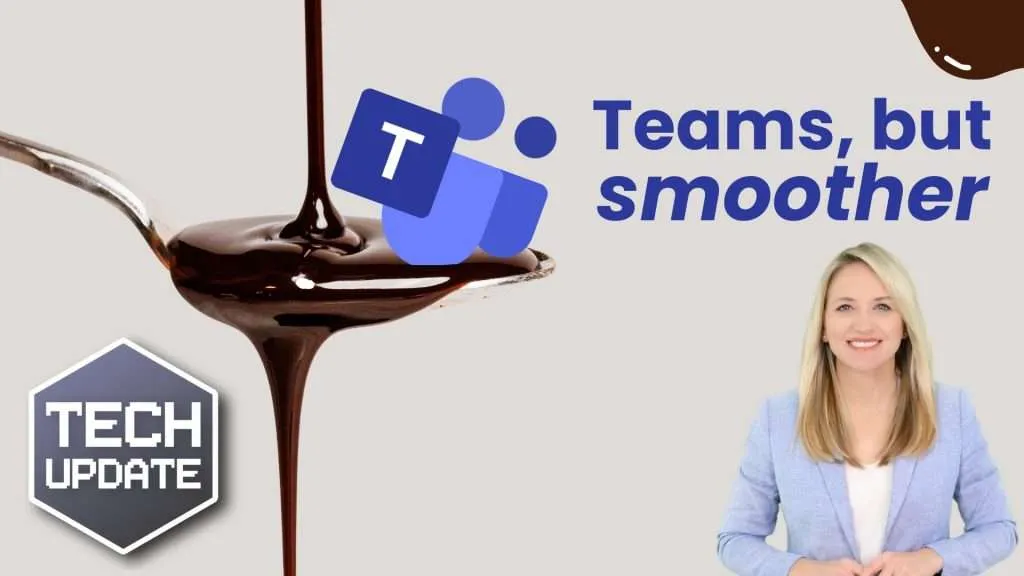Ever been tempted to download the beta version of your favorite app, ready to test out all the cool new features before everyone else?
STOP!!
The FBI has some news that might just make you think twice.
Cyber criminals have come up with a brand new trick to lure us into their lair. They’re hiding malicious code in fake beta versions of popular apps, turning unsuspecting people’s mobiles into their personal piggy banks.
Now, don’t get us wrong, we love innovation as much as the next team of tech enthusiasts. But whilst beta versions have a certain allure, they haven’t gone through the rigorous security checks that apps in the official app stores must pass.
Criminals send fake emails pretending to be the developers of popular apps, offering early access to new beta versions.
But of course they’re fake too. Once installed, they can do all sorts of bad things, including accessing data from your finance apps and even taking over your mobile
If your staff download them onto company devices, could your business be compromised?
There’s a moral to our story. And it’s a simple one: Patience is a virtue.
Hold off on downloading beta versions of apps. Wait until they’re stable and officially released in app stores. Good things come to those who wait, and that includes secure apps.
If you have downloaded beta versions in the past, keep an eye out for red flags like faster battery drain, poor performance, persistent pop-up ads, and apps asking for unnecessary permissions.
In this digital age, we must be as smart and savvy as the technology we use. So, before you hit download, take a moment to think: is this app worth the risk?
Train your staff to think the same way. And if you do give them business mobiles, consider a Mobile Device Management solution to control what they can do with them.
We can help keep all your devices better protected. Get in touch.
